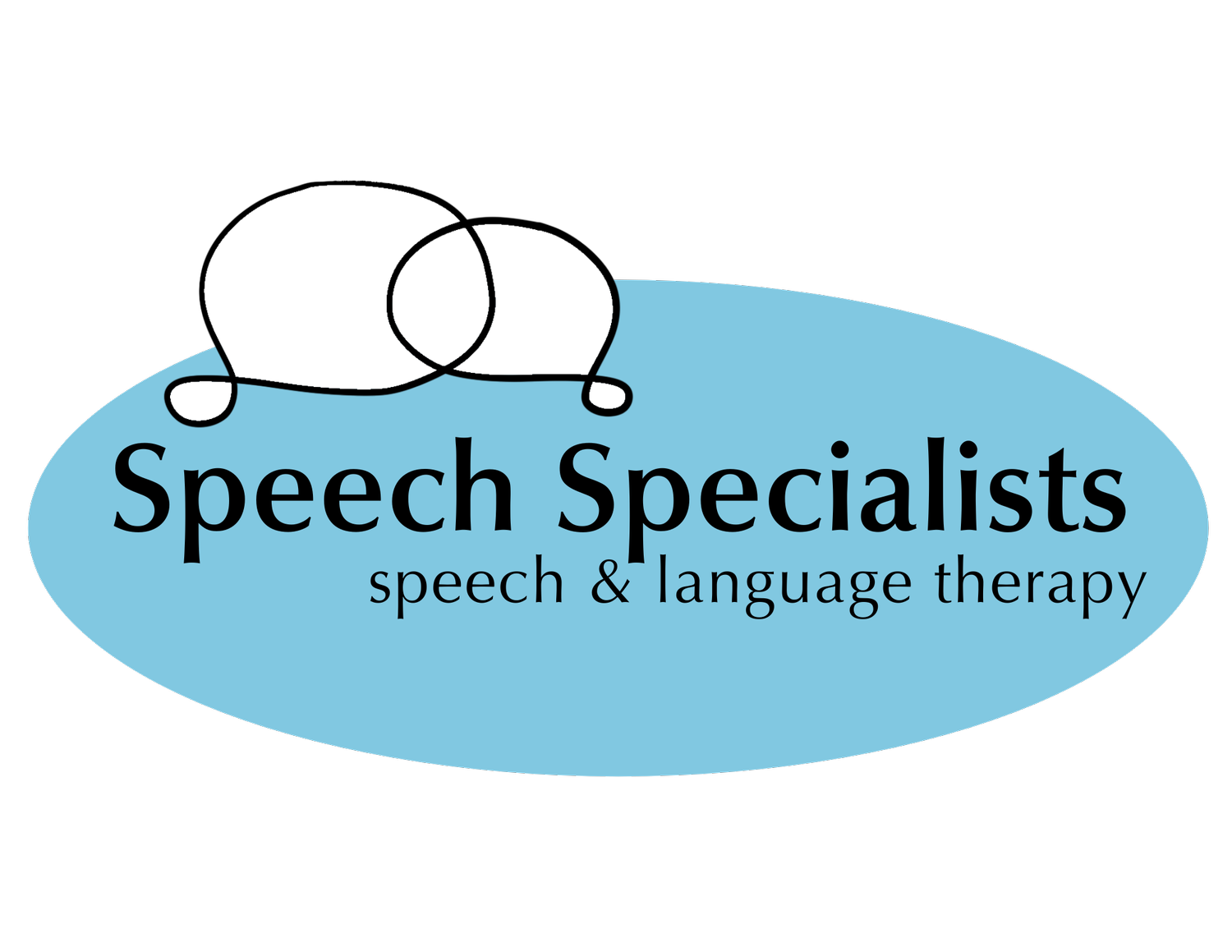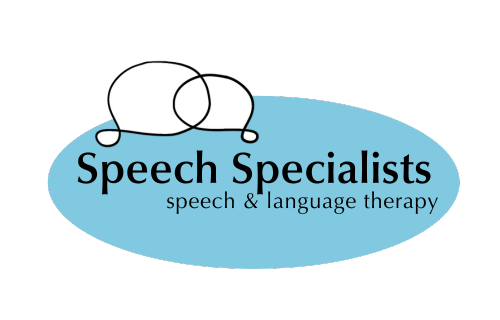Speech and Language Therapy for Children
With individualized therapy, there is a treatment plan and attainable communication goal for everyone. The best outcomes are achieved when parents and caregivers are invested in their child’s treatment plan and understand the ways they can support their child in our clinic and at home.
Your child’s speech therapist will work with you and your child to create a treatment plan that is clinically effective, comfortable, and fun. Children should look forward to their therapy sessions! If our patients aren’t having fun, then we’re not doing our jobs.
We specialize in treating the following communication disorders:
Articulation Disorders
Difficulty pronouncing individual sounds during speech such as “r”, “l”, or “s”.
Augmentative Communication
Implementing alternate methods of communication to express thoughts and desires. Common types of augmentative communication include sign language, picture symbol communication boards, and electronic devices.
Expressive and Receptive Language Delays and Disorders
Difficulty understanding what is heard and expressing thoughts and desires with words. Examples may include limited vocabulary, difficulty following directions, or using incomplete sentences and inappropriate grammar.
Reading Comprehension and Written Language Disorders
Difficulty processing, remembering, understanding, and retelling written material.
Fluency Disorders
Disruptions in the flow or production of speech such as stuttering.
Phonological Disorders
Error patterns in speech that impact overall intelligibility. A common phonological error is substituting all sounds made in the back of the mouth with those sounds produced in the front of the mouth (e.g., saying “tan” for “can” or “dum” for “gum”).
Developmental Disorders
Developmental disorders that affect communication and social skills. These may include autism spectrum disorders and Down Syndrome.
Voice Disorders
Irregularities in the way the voice sounds. Common voice disorders may be due to vocal nodules or polyps.


